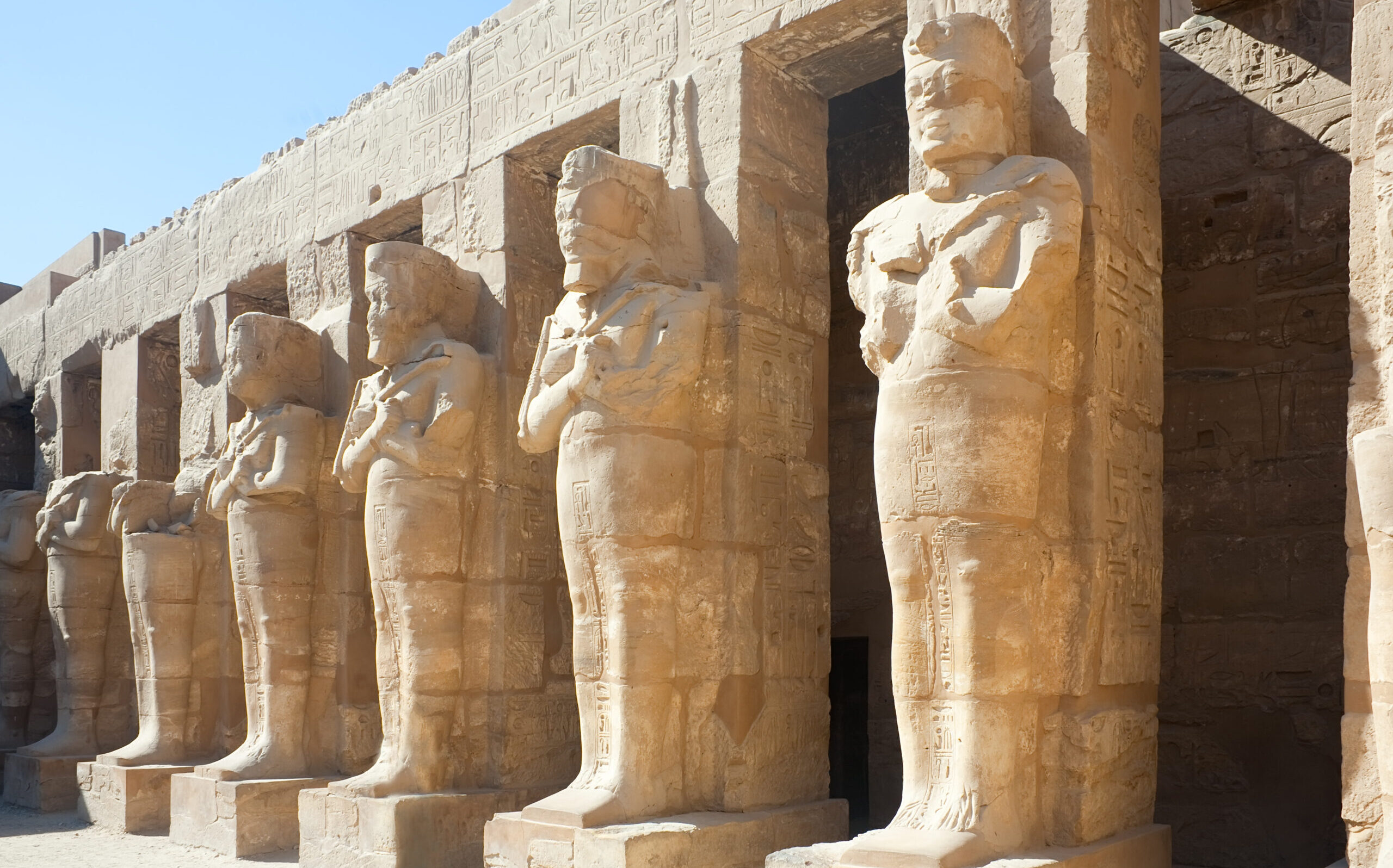Egypt is taking a regulatory-led approach to open banking, with the Central Bank of Egypt (CBE) driving the strategy. However, unlike markets that legislated open banking before building infrastructure, Egypt has pursued an infrastructure-first approach, establishing the Instant Payment Network (IPN) and real-time payment capabilities before formalizing comprehensive open banking regulations.
The formal regulatory framework for open banking remains under development, but significant foundational work is already in place. The CBE launched its FinTech and Innovation Strategy in March 2019 with the vision of positioning Egypt as the “regionally recognized FinTech hub in the Arab world and Africa.”
Egypt’s approach is expected to follow a regulatory-led model similar to the UK and Nigeria, with a focus on consumer protection, data privacy, and financial inclusion.

The Central Bank of Egypt (CBE) is the primary regulatory body overseeing Egypt’s financial sector and is leading the country’s open banking efforts. The CBE’s leadership is critical in shaping strategy, ensuring compliance with data protection standards, and promoting innovation across the financial ecosystem.
Key CBE initiatives include:
Established a dedicated department for fintech and innovation, with the goal of promoting Egypt’s fintech ecosystem regionally.
Launched in 2019, the sandbox provides a controlled environment for fintech companies to test innovative business models. Cohorts have focused on e-KYC and remote mobile wallet account opening (2019), an open-theme cohort (2020), and lending-based crowdfunding (2023).
The CBE issued regulations providing a framework for the creation of fully digital banks in Egypt.
The Instant Payment Network (IPN) launched on March 22, 2022, representing one of Egypt’s most significant steps toward open banking infrastructure. The IPN is a national network linking all operating banks in Egypt, enabling real-time, 24/7 financial transactions.
InstaPay, the first Payment Service Provider (PSP) application licensed by the CBE to operate on the IPN, allows customers to manage accounts across multiple banks and complete instant transfers through a single app.
In designing the IPN, the CBE evaluated successful real-time payment models from India (UPI), Brazil (PIX), the EU (TIPS), and Singapore (FAST).
At the core of the IPN lies advanced interoperability systems linking all banks through digital infrastructure, enabling integration with fintech companies and creating opportunities for innovative services.
The Egyptian Banks Company (EBC) is the developer and operator of Egypt’s payments infrastructure. Founded in 1995, EBC connects 38 member banks and serves as the technological arm of the Central Bank of Egypt, entrusted with modernizing payments infrastructure and know-how.
EBC operates the IPN and plays a central role in Egypt’s financial inclusion efforts through digital innovation..
The key stakeholders across Egypt’s financial ecosystem include:
The primary regulator responsible for setting open banking rules, operating the regulatory sandbox, and overseeing consumer protection and innovation.
The operator of Egypt’s payments infrastructure, including the IPN, connecting all banks through a unified digital layer.
Major banks including Banque Misr, National Bank of Egypt (NBE), and Commercial International Bank (CIB) are developing API infrastructures and hold significant customer data that would be shared under an open banking framework.
Fintech Companies:
Egypt’s fintech sector is growing rapidly, with companies such as Fawry, valU, and PayMob positioned to leverage open banking for digital innovation, particularly serving the unbanked population.
In a significant development, Egypt’s three largest national banks, Banque Misr, National Bank of Egypt, and Banque du Caire, partnered with Global Ventures to launch the Nclude FinTech Fund, approved by the Central Bank of Egypt.
Initial investment: $85 million (led by Banque Misr as anchor investor)
Target capital: $150 million, with aspirations to become the largest focused fintech fund in the MENA region
The fund has demonstrated a strong multiplier effect: every $1 invested by Nclude has leveraged an additional $5 from foreign investors into Egyptian startups.
In June 2025, the CBE witnessed the inauguration of Nclude Fund 2.0 under the management of DPI Venture Capital.
Egypt has made significant strides in financial inclusion, driven by digital payment infrastructure and CBE initiatives:
Prior to the COVID-19 pandemic, Egypt had one of the world’s lowest financial inclusion rates, with only 12% of Egyptians holding a bank account. The progress since 2016 reflects a fundamental shift.
Egypt is in the early stages of its open banking journey. While infrastructure is advanced through the IPN, formal open banking regulations—including standardized API requirements and third-party access frameworks—are still under development.
Both the CBE and FRA have introduced fintech-specific regulations and separate sandboxes. In March 2023, the FRA launched the CORBEH Sandbox in collaboration with the Egypt Securities Exchange.
Fintech Innovation: Open banking offers significant potential for Egypt’s growing fintech sector to develop new services in digital payments, lending, credit scoring, and financial management.
Financial Inclusion: With the IPN infrastructure already connecting all banks and over 55 million mobile wallets active, open banking can accelerate access for Egypt’s remaining unbanked and underbanked population.
Bank-Fintech Collaboration: The Nclude Fund model—with major banks actively investing in fintechs—creates a collaborative rather than adversarial dynamic between incumbents and innovators.
Regional Leadership: With infrastructure in place and regulatory frameworks advancing, Egypt is positioned to become a leading open finance hub in the Arab world and Africa.
Opportunities
Important Links
Open Banking Nigeria (Open Technology Foundation) is a non-profit backed by a group of industry experts across banking, fintech, risk management, and more to drive and launch the open banking standard in Nigeria.